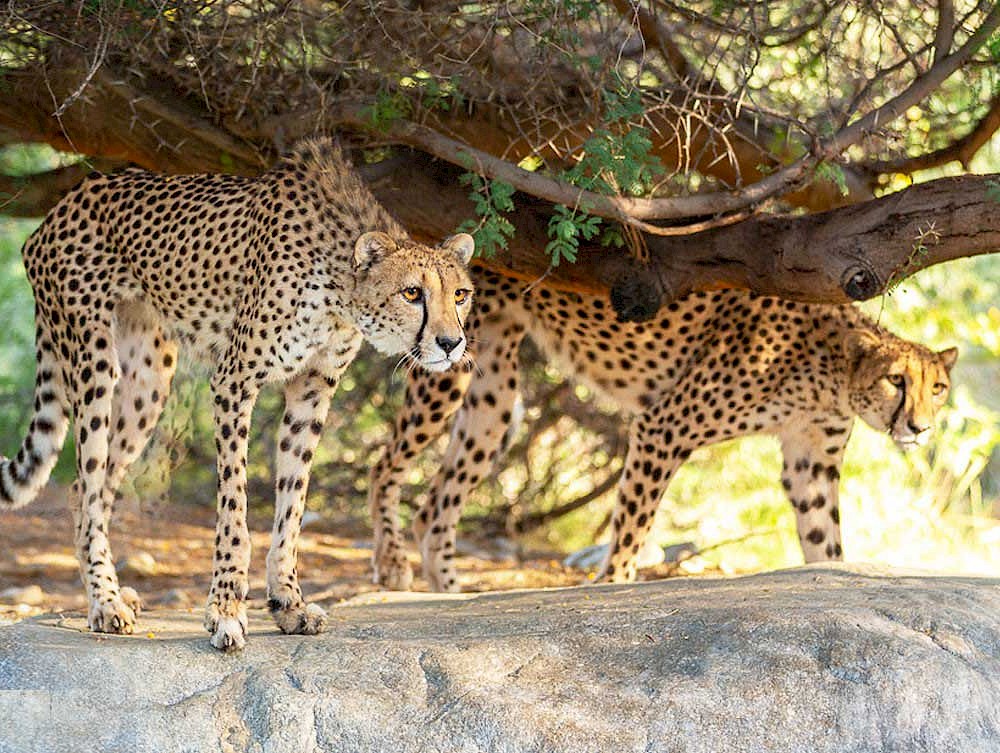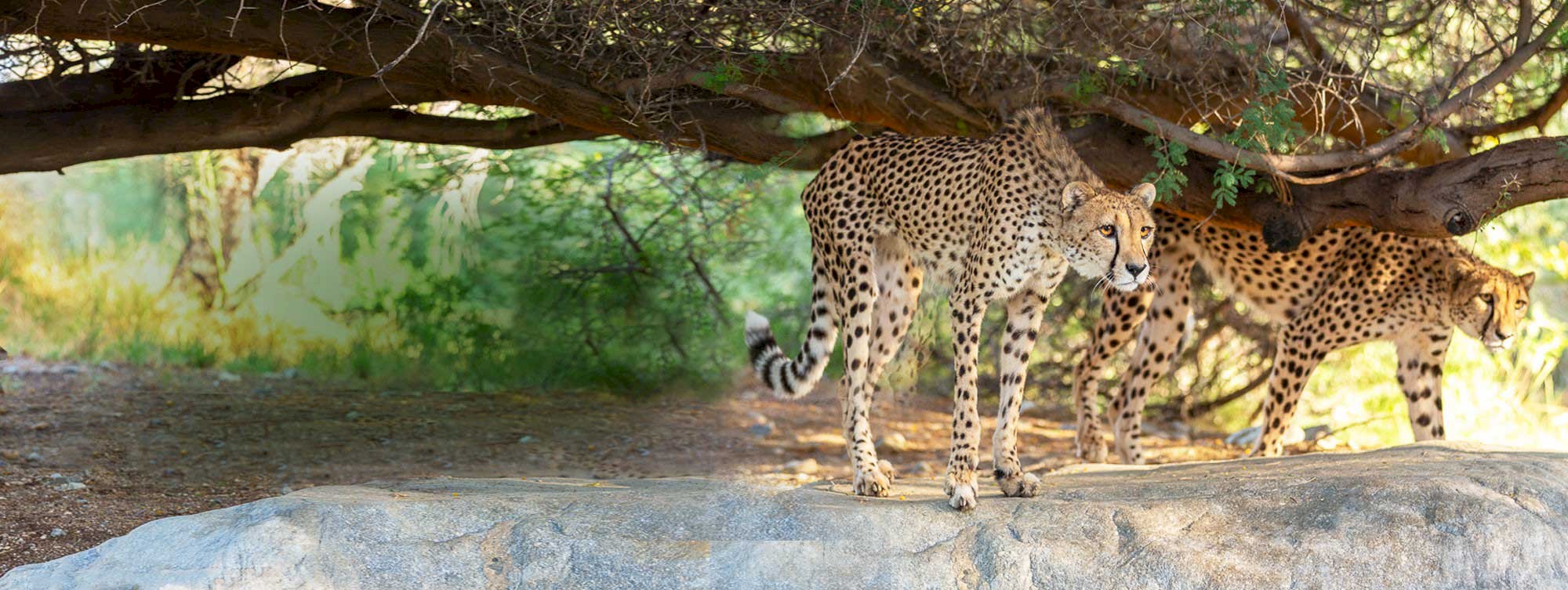Lewa Conservancy Benefits Wildlife by Working with Communities
May 21, 2019
In my previous posts introducing the concept and describing the outcome of the Kenyan workshop, I have been speaking generally about our approach. In this post, I would like to highlight a great example of our impact by one of our workshop participants that is also a world-leading conservation organization.
The Lewa Wildlife Conservancy is a privately owned parcel of land in the center of Kenya, just north of Mount Kenya, the second-highest peak in Africa. They are most famous globally as a leader in rhino and other large-mammal conservation. As with many conservancies all over the world, they have historically been very inward-facing in their work, focused mostly on the biological and ecological needs for caring for their wildlife and on the ecotourism that has been much of their revenue. In recent years, they have been leaders in engaging with their local communities to help develop alternative, sustainable livelihoods.
Reflecting their interest in wanting to attend our Building Community Conservation Success workshop, they wish to better understand the needs of the communities that surround Lewa. To this end, they are going to assess the current socio-economic status of these communities to more effectively collaborate with them in efforts to develop sustainable livelihoods that also support wildlife and conservation initiatives.
Lewa sent four innovative and skilled researchers to our workshop in Kenya who collaborated to put together one of the best surveys that I have seen to assess a community’s economic and social well-being. Reagan, their research lead on this project, shared a draft of the survey that was so wonderfully well designed and thorough that I was hard-pressed to find suggestions to improve it!
They have a team of five surveyors who they are currently training, based on our ideas and approach. I am really happy to say that they are planning on starting to conduct this research as early as next week – depending on when the rains let up! No one wants to stand around in the rain and talk, understandably.
In any case, with these data, The Conservancy will be able to identify opportunities for collaboration with their communities that will benefit both the people living near Lewa and the wildlife that they are striving to protect. In this way, Lewa is among the leaders in changing conservation in Kenya to be more community based and involve local people in their work.
Because local people will ultimately determine the success of any conservation project, learning about how to most fruitfully involve them in ways that nature and people benefit is clearly the best way forward.
Thanks to all of the supporters of The Living Desert Zoo and Gardens for helping to make this transformative workshop series possible! We could not do this work without your generosity, visits to our zoo, and social support! Please stay tuned as we continue to do amazing things to help wildlife.












